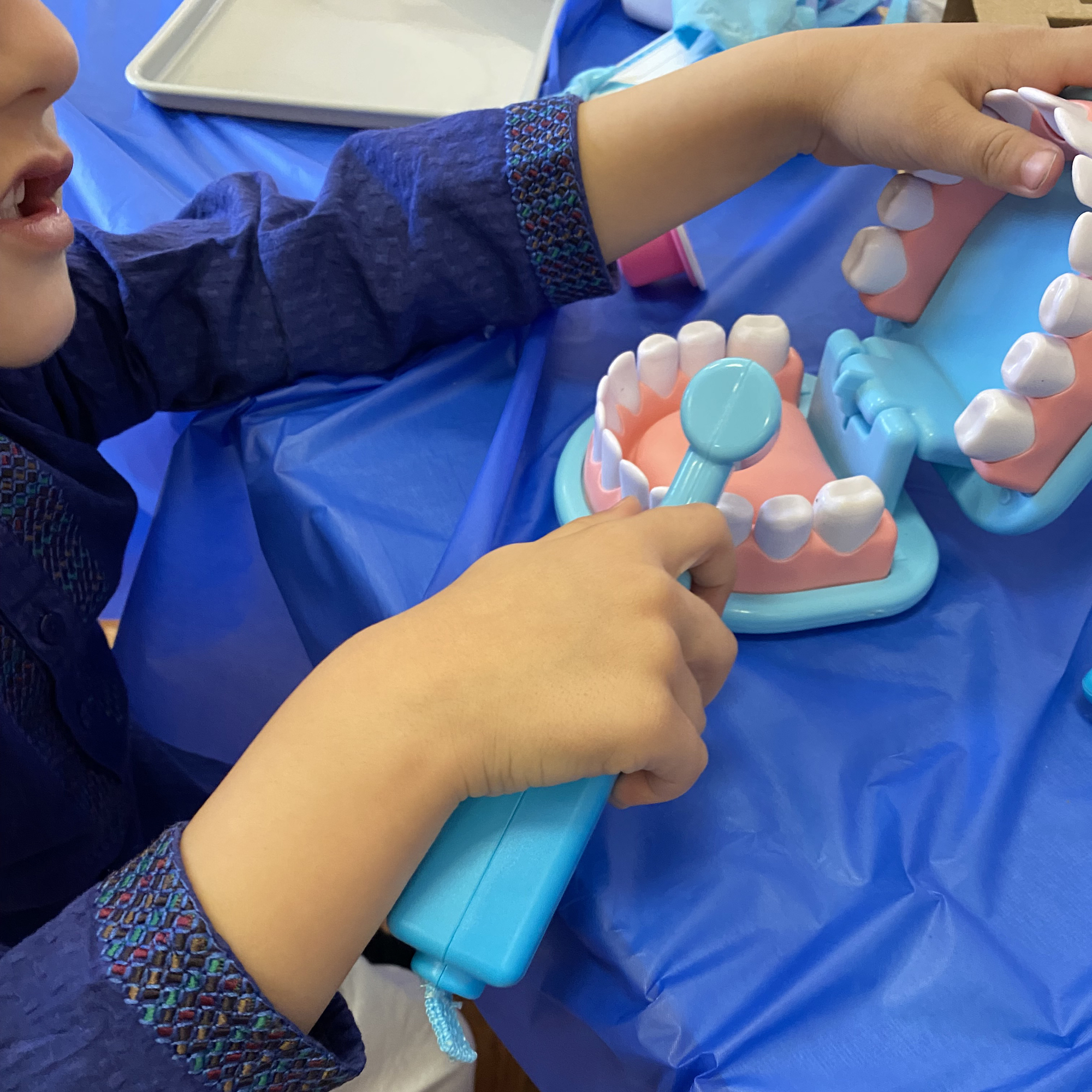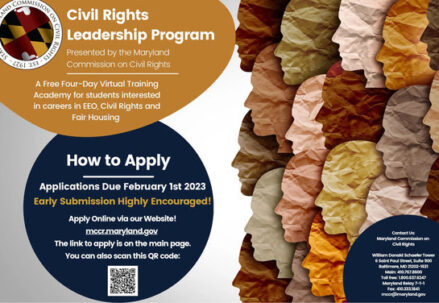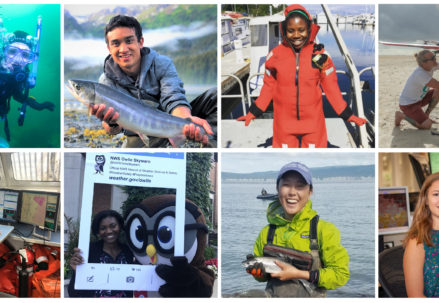When your life is disrupted and you are just trying to survive, hygiene practices like brushing or flossing one’s teeth may be one of the first daily routines to fall by the wayside. Last year, the students behind Smiles for Our Future (SOF) identified a significant need for dental resources and education among refugee communities in the College Park area, including people who have escaped to the US from wars in countries like Afghanistan, Ukraine and El Salvador.
Junior physiology and neurobiology major Julia Shpigel came up with the idea for Smiles for Our Future last spring while taking the University Honors (UH) program’s HNUH300: Vantage Point Seminar with Professor Ingrid Satelmajer. The two-credit seminar guides students to reflect on their interests and design a goal-based project that brings those interests to life. Shpigel, who is on a predental track, was influenced by her family’s own refugee experience to promote oral health for immigrant and refugee communities in College Park.
“My parents both came to the US as refugees from Ukraine and Belarus and last March several of my family members came here from Ukraine to escape the war,” said Shpigel. “Along with these personal motivations, my research in the class showed major disparities in oral health access for refugee communities. I wanted to take action.”
The first step was to register the club with UMD’s Student Org Resource Center (SORC) and gather an executive board of students studying premed, predental and public health. SOF’s stated mission is “to create a community service-based organization that donates oral health products to refugee youth, and to provide small, engaging lessons on oral health.” Last year, they received grants from UMD’s Do Good Institute and the Pepsi Enhancement Fund to purchase dental supplies and put together a plan to distribute them to their target community.
In addition to donating dental products to communities in need, SOF developed a curriculum to offer engagement events, including lessons about why oral health is important and how to build healthy habits using the donated supplies. Over the past year, the organization has partnered with several community centers near the UMD campus that host refugee youth. An event last month with Afghan refugees at one of these centers served five families with children between the ages of 5-11.
“I was highly impressed with SOF’s organization and we are all very appreciative of everything they put together,” said Presley Dawson, coordinator for Mlaw’s Refugee Assistance Project (MRAP).
SOF has plans to expand and bring more students into the organization. They want to reach more refugee communities and involve not only undergraduates but also graduate students.
Shpigel credits the UH program for giving her the opportunity to combine both her personal and academic interests in this project, which has now turned into a fully operational organization.
“Going into college as a STEM major, I chose UH because it gave me a different mindset about global issues,” she said.” “UH allowed me to implement a goal that I was passionate about and also have a better sense of how I can contribute to the world around me.”
Follow Smiles for Our Future on Instagram at @sof.umd and donate at ter.ps/sofdonation.
To learn more about the Honors College’s University Honors program, visit universityhonors.umd.edu.
By Kate Spanos ’16 Ph.D. theatre, dance, and performance studies











